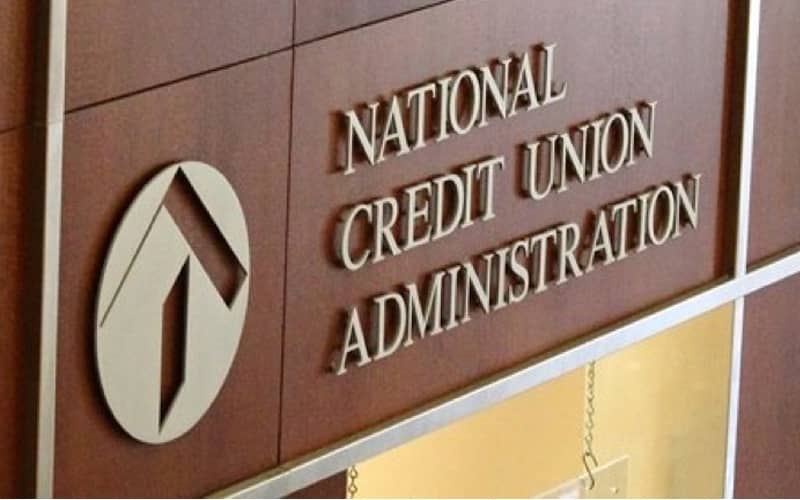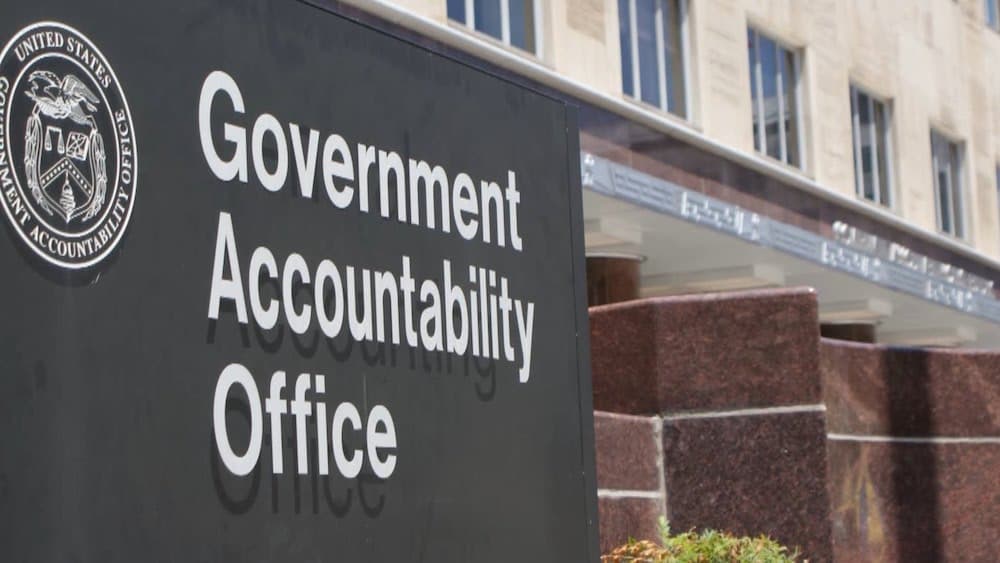Maryland Resorts to Subterfuge to Bank Marijuana Tax Funds
Learn why a state tax maneuver has led to pushback from an anti-cannabis group and brought up larger issues related to marijuana banking.


Table of contents
State’s maneuver leads to pushback from anti-cannabis group, hits on larger issues related to marijuana banking.
The state of Maryland has had to resort to subterfuge to deposit tax funds collected by legal marijuana businesses into a financial institution, a state tax official said recently.
After all, marijuana banking still is a risky proposition.
“It was a big deal,” Rob Scheerer, director of the Office of the Comptroller’s Revenue Administration Division, said a recent meeting of the Maryland Association of Counties. “This was a heavy lift and something that we had to do. In order to protect the banks, we can’t even call this cannabis on the tax return.”
Scheerer’s comments were first reported by the news website Maryland Matters.
Recreational marijuana became legal in Maryland on July 1 and the sale of cannabis is subject to a 9% sales tax.
Scheerer said that officials negotiated with the state’s bank, Wells Fargo, over how to handle the issue before coming to an agreement about how best to deposit the tax proceeds into the state’s bank accounts.
“We have craftily called this ‘A sale subject to the 9% rate under Senate Bill 516 of 2023,’” explained Scheerer.
Immediate Pushback
That arrangement was not good enough for Smart Approaches to Marijuana, a group that vehemently opposes the legalization of cannabis.
“Providing financial services to proceeds earned from the sale of Schedule 1 drug is illegal, sets a dangerous precedent, and should cease,” Kevin Sabet, the group’s president and CEO wrote in a letter to many state and federal officials, following Scheerer’s comments.
He continued, “The workaround by the Maryland government reported on in the media is a clear attempt to protect banks from thoughtfully crafted federal regulations.”
Broader Context and Potential Impact on Credit Unions
Meanwhile, officials from the Health and Human Services Department are recommending reclassifying marijuana from a Schedule I substance to a Schedule III substance.
That news was first reported by Bloomberg on Wednesday.
Reclassifying marijuana would mean that it no longer would be a part of the most dangerous and highly addictive category. This would ease research into cannabis and allow marijuana-related businesses to take business tax deductions they currently are prohibited to take.
However, since marijuana still would be considered an illegal substance, things probably would not be any easier for credit unions and banks that want to provide financial services to marijuana-related businesses.
What Happens Next?
When Congress returns next week, some lawmakers want the House and Senate to tackle the marijuana banking issue. For instance, marijuana banking could be tucked into a government spending package or into the annual defense authorization bill.
The House has attempted this in the past, but the Senate never has accepted it.
And this year, Republicans control the House, with House Financial Services Committee Chairman Rep. Patrick McHenry, R-N.C., having said marijuana banking is not one of his top priorities.
On the other side of the Capitol, Senate Finance Committee Chairman Sen. Ron Wyden, D-Ore., said Wednesday he was pleased that marijuana may be reclassified.
“At long last, barriers to much-needed research will be lifted and the inequitable [tax] provision thrown in the trash can so that state legal cannabis businesses will no longer be treated like criminals and can deduct their businesses expenses just like any other small business,” he said, in a statement.
However, Wyden added that the reclassfiying is not enough and renewed his call for declassifying marijuana altogether, with strong public health and safety rules attached.
Industry News












































.png)
.png)
.png)
.png)






































